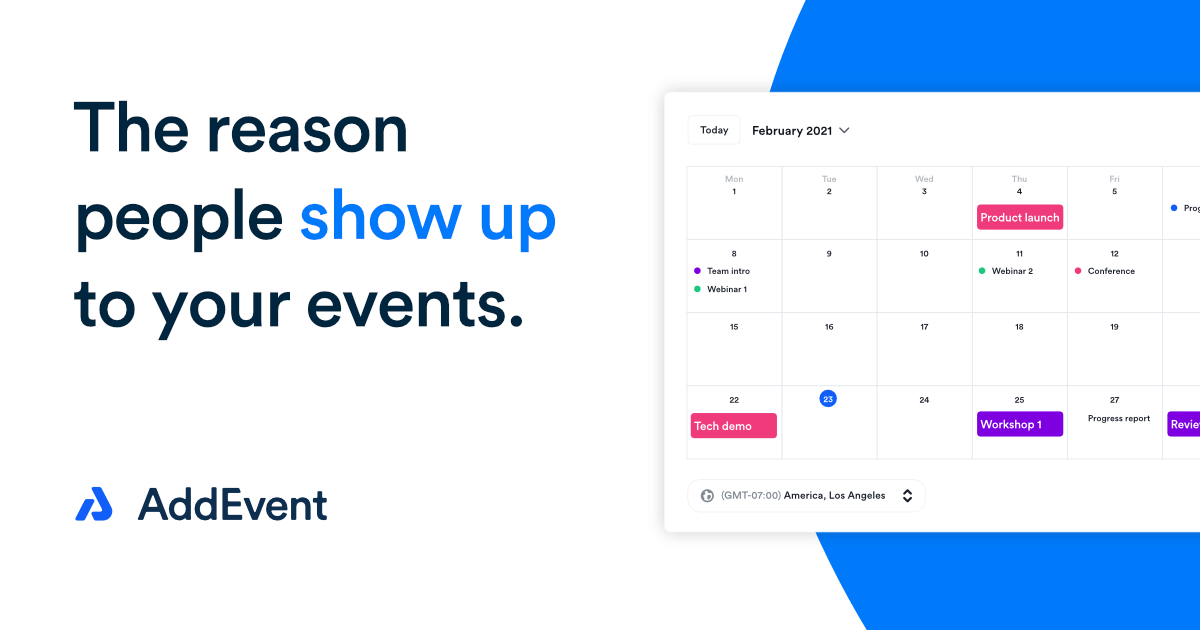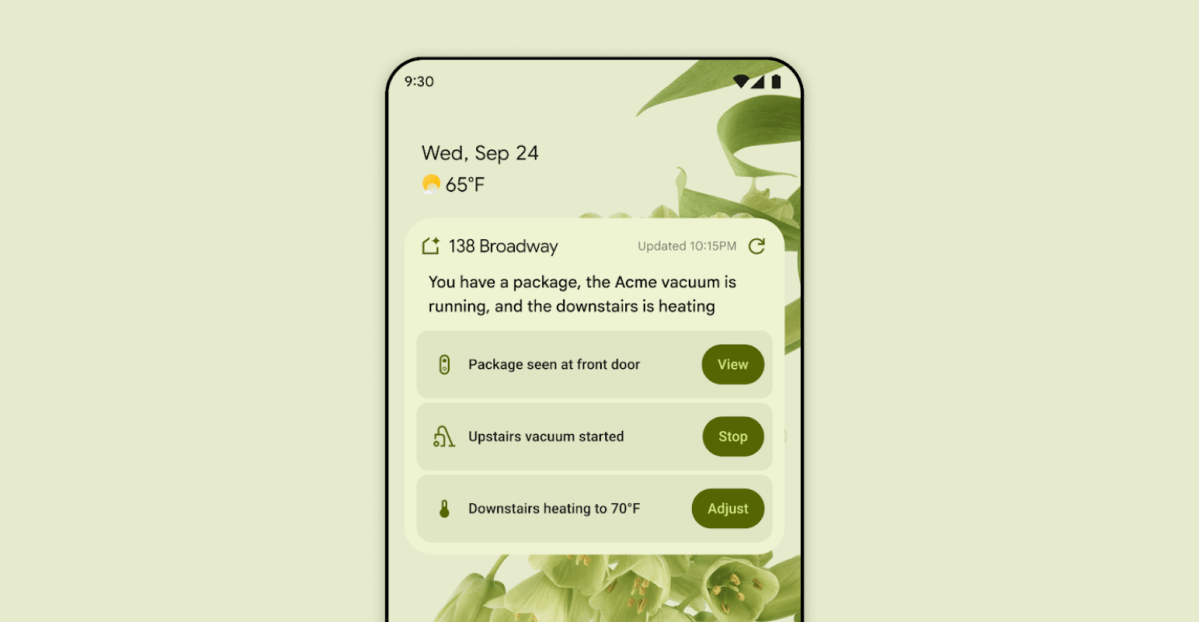
Upcoming Livestream: Building Cross-Framework Agent Ecosystems with NVIDIA NeMo Agent
Sources: https://www.addevent.com/event/Rz26291177, addevent.com
TL;DR
- The NVIDIA NeMo Agent toolkit now integrates the Model Context Protocol (MCP) to boost multi-agent interoperability.
- The livestream on Thursday, Aug 21, 17:00-18:00 (WEST) will demonstrate how developers can consume remote MCP-served tools and NVIDIA NIM microservices as native functions within toolkit workflows.
- The session includes a live demonstration and practical details for developers.
- Contact: Zach Lo ([email protected]).
Context and background
The latest release of the NVIDIA NeMo Agent toolkit focuses on streamlining multi-agent interoperability through deep Model Context Protocol (MCP) integration. MCP, the Model Context Protocol, is highlighted as a core element enabling this interoperability. The livestream will illustrate how developers can now consume remote MCP-served tools and NVIDIA NIM microservices directly within the toolkit workflows as native functions. This context reflects NVIDIA’s emphasis on creating cross-framework agent ecosystems by embedding MCP support into the NeMo Agent toolkit, enabling more seamless tool and service invocation across different agent setups. The event page notes the integration as a centerpiece of the release, signaling a shift toward more unified cross-framework workflows. For attendees, the content offers a concrete look at how MCP integration can bridge disparate agent components and services, reducing the friction typically seen when coordinating tools from multiple frameworks.
What’s new
The primary update centers on deep MCP integration within the NeMo Agent toolkit. The key implications are:
- Ability to consume remote MCP-served tools within toolkit workflows as native functions.
- Access to NVIDIA NIM microservices directly from within the agent workflow, treated as native toolkit capabilities.
- Demonstrated interoperability improvements across multi-agent setups through the integrated MCP pipeline.
Table of key facts
| Item | Details |
|---|---|
| Date | Thursday, 21 August |
| Time | 17:00 - 18:00 (WEST) |
| Focus | Building cross-framework agent ecosystems with MCP inside NeMo Agent |
| Tools showcased | MCP-served tools, NVIDIA NIM microservices, NeMo Agent toolkit |
Why it matters (impact for developers/enterprises)
For developers, the integration aims to simplify how agents from different frameworks work together by exposing remote MCP-served tools and NVIDIA NIM microservices as native functions within the NeMo Agent toolkit. This can reduce integration complexity and accelerate the construction of cross-framework workflows. For enterprises, the livestream highlights a pathway to more interoperable AI agent ecosystems, potentially enabling broader tool reuse and more cohesive agent orchestration across systems.
Technical details or Implementation
The content presents a direct capability: the NeMo Agent toolkit now supports consuming remote MCP-served tools and NVIDIA NIM microservices as native functions within its workflows. This enhances cross-framework interoperability by allowing tools and microservices to be invoked as native toolkit constructs, without requiring external adapters or custom glue code. The MCP integration is described as a deep integration designed to streamline multi-agent operations across tool calls and services. Presenter details include a contact for follow-up: Zach Lo, [email protected]. A YouTube recording of the NVIDIA Developer channel is available for later viewing: NVIDIA Developer YouTube video.
Key takeaways
- MCP is central to enabling cross-framework agent interoperability within the NeMo Agent toolkit.
- Remote MCP-served tools can be consumed directly inside toolkit workflows as native functions.
- NVIDIA NIM microservices are accessible from within the toolkit as native capabilities.
- The livestream provides a practical demonstration and details for developers looking to adopt MCP-driven workflows.
FAQ
-
What is the focus of the livestream?
The demonstration centers on integrating Model Context Protocol (MCP) with the NVIDIA NeMo Agent toolkit to enable consumption of remote MCP-served tools and NVIDIA NIM microservices as native toolkit functions.
-
What does MCP stand for?
Model Context Protocol (MCP).
-
When and where can I watch?
Thursday, 21 August, 17:00–18:00 WEST; watch on the NVIDIA Developer YouTube channel: https://www.youtube.com/watch?v=yYv8lBIyqn0&ab_channel=NVIDIADeveloper.
-
Who is the contact for more information?
Zach Lo, [email protected].
References
More news
First look at the Google Home app powered by Gemini
The Verge reports Google is updating the Google Home app to bring Gemini features, including an Ask Home search bar, a redesigned UI, and Gemini-driven controls for the home.
OpenAI reportedly developing smart speaker, glasses, voice recorder, and pin with Jony Ive
OpenAI is reportedly exploring a family of AI devices with Apple's former design chief Jony Ive, including a screen-free smart speaker, smart glasses, a voice recorder, and a wearable pin, with release targeted for late 2026 or early 2027. The Information cites sources with direct knowledge.
Shadow Leak shows how ChatGPT agents can exfiltrate Gmail data via prompt injection
Security researchers demonstrated a prompt-injection attack called Shadow Leak that leveraged ChatGPT’s Deep Research to covertly extract data from a Gmail inbox. OpenAI patched the flaw; the case highlights risks of agentic AI.
Predict Extreme Weather in Minutes Without a Supercomputer: Huge Ensembles (HENS)
NVIDIA and Berkeley Lab unveil Huge Ensembles (HENS), an open-source AI tool that forecasts low-likelihood, high-impact weather events using 27,000 years of data, with ready-to-run options.
Scaleway Joins Hugging Face Inference Providers for Serverless, Low-Latency Inference
Scaleway is now a supported Inference Provider on the Hugging Face Hub, enabling serverless inference directly on model pages with JS and Python SDKs. Access popular open-weight models and enjoy scalable, low-latency AI workflows.
How chatbots and their makers are enabling AI psychosis
Explores AI psychosis, teen safety, and legal concerns as chatbots proliferate, based on Kashmir Hill's reporting for The Verge.





